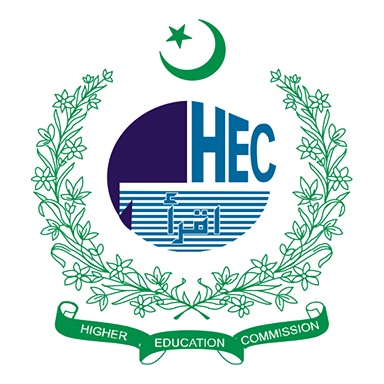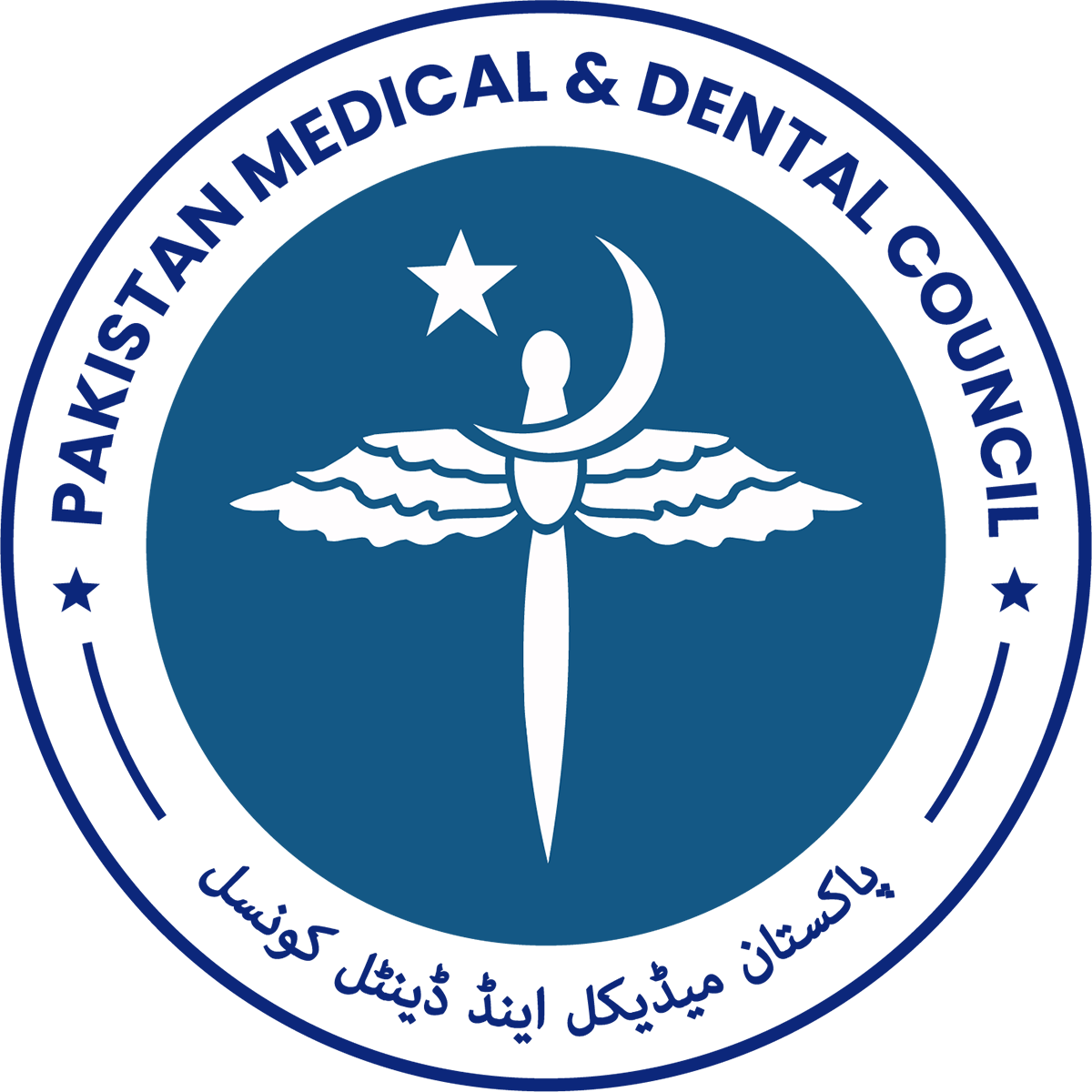A cross-sectional study of knowledge and attitudes of medical professionals towards end-of-life decisions in teaching hospitals of Kandy District (Sri Lanka)
Abstract
Objectives: The aim of this study was to evaluate the knowledge and attitudes about Do Not Resuscitate orders, Advance Directives and Withdrawal or Withholding of life-sustaining therapy among medical professionals.
Study Design: Descriptive, cross-sectional study
Setting: The study was conducted in three teaching hospitals, General Hospital Kandy, Teaching Hospital Peradeniya and Teaching Hospital Gampola of Kandy District (Sri Lanka).
Methodology: 232 medical professionals were randomly selected. Data were collected using a pre-tested self-administered questionnaire. The knowledge and attitude was assessed with regard to ‘Advance Directives’, DNR orders and ‘withdrawal/ withholding life sustaining care’, by scenario based questions and several close-ended questions. Data were analyzed with SPSS v17.0 and Pearson Chi Square was calculated.
Results: The age range of the study population (n=232) was 26-56 years and majority of the participants were male (64.2%). Most of the medical professionals were Buddhists (88.4%). Out of the subjects, 66.8% (p<0.001) had heard the term ‘DNR’, while 26.3% knew the correct meaning and 68.1% (p<0.001) thought it to be ethical to practice it in Sri Lanka. The number of medical professionals feeling that patient, doctor or the family should have the right to decide on end-of-life decisions was 62.9% (p=0.005), 62.9% (p=0.005) and 46.6% (p=0.46) respectively. 20.7% had heard about ‘Advance Directives’ but only 12.1% knew the correct meaning; 62.5% had heard about ‘withdrawal/withholding of life sustaining therapy’ (p=0.006) and 65.9% opined that it should be implemented in Sri Lanka (p<0.001).
Conclusion: The knowledge about end-of-life decisions among medical professionals working in three major teaching hospitals of Kandy district is inadequate. The majority of the medical doctors have positive attitude towards end-of-life decisions implementation in Sri Lanka.
Citation: Pinto MVG, Varun R, Wanasinghe WMMPB, Jayasinghearachchi TMK, Herath HMTA. Kumarasiri PVR. A cross-sectional study of knowledge and attitudes of medical professionals towards end-of-life decisions in teaching hospitals of Kandy District (Sri Lanka). Anaesth Pain & Intensive Care 2013;17(1):40-45
















